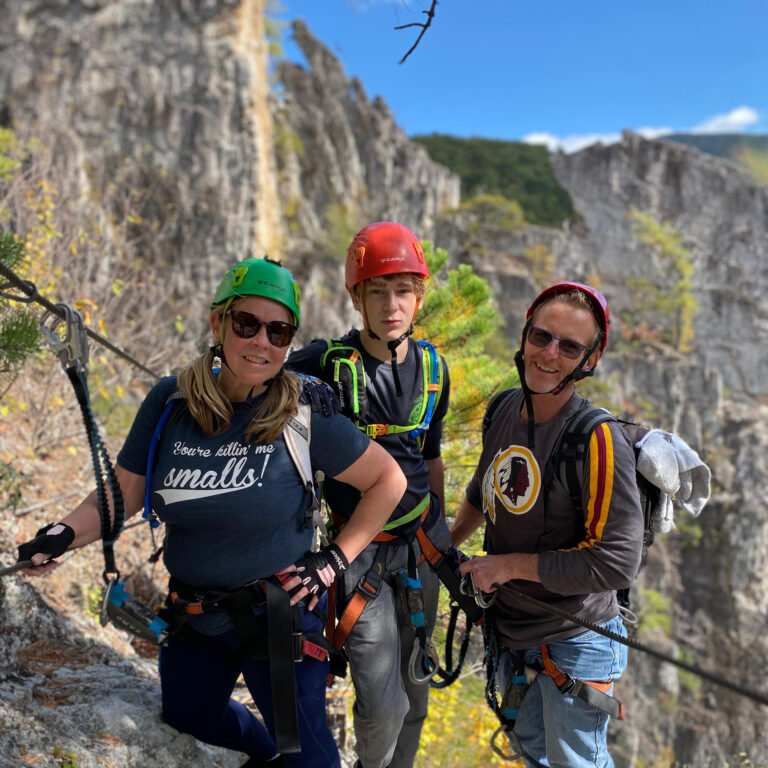William Shakespeare, Charlotte Brontë, Henry David Thoreau, and Stephen King never had to consider search engine optimization (SEO) when they wrote. Unfortunately, bloggers and other web content creators do. In parts one and two of this series, we looked at the benefits of blogs for senior service businesses and nine essential blog writing tips. In part three, we offer SEO copy writing tips.
The competition for senior residential housing options and services is growing. Having a website that highlights your business quality and ranks high on search engines helps your reach potential new clients and customers.
First, a little background
Search engines such as Google and Bing “search” online pages to determine which ones to include on search results pages – and in which order. By applying the principles of SEO, you can increase chances that your posts will be seen in search results.
The tips
Write quality posts
In judging web pages, search engines consider reader experience and backlinks, and top-notch web articles help with both.
1) Search engine algorithms detect if users don’t spend much time on your pages. Thus, if you don’t engage readers’ attention, they will quickly bounce off your site. Clear, useful content helps hold the audience.
2) Backlinks refer to links to your site from other websites. If you provide valuable information, you’re more likely to earn backlinks. This can include fresh data, original insights, helpful infographics, and easy-to-understand definitions.
Since SEO “tricks” can prove worthless without a quality post, don’t write simply for SEO. Instead, start with a well-written post that matters to readers, then massage it as needed to improve search engine ranking, following SEO copy writing tips.
Determine your keyword(s)
A first draft of a post begins with a working title and a thesis, which highlight the purpose. That purpose points to the focus keyword or keywords – i.e., the search term that you want your page to rank for.
To determine your keywords, think like a digital marketer rather than a writer. The keywords should stay true to the article’s content, but they should also reflect what words people are most likely to type into a search box. You’re not going for flowery or poetic but for practical.
Keyword phrases – also known as key phrases or long-tail keywords – typically work better for search engine ranking. For one thing, large established websites will probably get top billing for single keywords like seniors, insurance, accessible, and masks. Second, qualified customers know what they’re looking for, as reflected in their search queries: senior moving services, long-term care insurance, accessible travel resources, and disposable coronavirus masks.
Let’s say a small travel agency wants to promote its knowledge and services for accessible travel, starting with a series of accessible cruises that have staff dedicated to the practical and medical needs of disabled travelers. A single keyword such as cruises would bury the post beneath a multitude of large cruise line and large travel agency sites. Better would be a multi-word, targeted, long-tail keyword, such as accessible cruises for disabled travelers.
Apply the keyword(s)
The key phrase needs to appear several places in your post, including the back end.
- In the introduction (first paragraph)
- Within the content
- In the title
- In a subhead
- In the meta description
- In the URL
- In the image alt text
In the example above, accessible cruises for disabled travelers fits easily and naturally into a post.
- In the introduction: Our travel agents have researched and rated the best accessible cruises for disabled travelers.
- Within the content: Our client, Johnson Smyth, was planning his next vacation and didn’t want to let his Parkinson’s slow him down. He reached out to our agency to help him research the best accessible cruises for disabled travelers.
- In the title: Looking for accessible cruises for disabled travelers?
- In a subhead: Accessible cruises for disabled travelers traveling with family
- In the meta description: Langston Travel Services has researched the best accessible cruises for disabled travelers, to match clients with the perfect cruise.
But don’t overstuff your post with the keywords. Such repetition can harm both the composition and search engine optimization. Instead, substitute synonyms: physical disability, accessible travel, trip planning resources, wheelchair travel, etc.
Include links
Search engines judge pages favorably for having external and internal links.
External links direct readers to other websites (preferably those that are reputable!). It can seem counterintuitive to send readers to other sites, but there are indeed advantages. As trained writers understand, such citations support your point and help establish your credibility. They also demonstrate that you care about providing rich information to readers.
As you gain experience writing, it becomes second nature to find reputable sources and save the URL so you can properly link and give credit.
Internal links direct the user to other pages on your site. Not only do these keep readers on your site, they also give search engines insight into your site’s structure.
Use headers
As a writer, you add headers to establish the main points of your outline and break up the material for readers. As a digital marketer, you recognize that headers help search engines “skim” your post. To ensure the headers get proper SEO attention, be sure to use HTML header tags (H2, H3, etc.).
New criteria beyond brilliant SEO copy writing tips
Beginning in May 2021, Google begins using a website’s “page experience” in judging a web page for ranking. Page experience is similar to user experience but is based on factors that may be outside of a copy writer’s control. It considers three Core Web Vitals:
- LCP, Largest Contentful Paint: loading performance, i.e., how fast the primary content appears on the screen
- FID, First Input Delay: responsiveness, i.e., how quickly interactive items react to user input
- CLS, Cumulative Layout Shift: visual stability, i.e., if items move around on the screen – for example, when rotating ad sizes change while you’re reading, making the copy jump
Sadly, the best copy can’t compensate for poor page experience, so reach out to your web manager to ensure the effectiveness of your stellar copy!
Writing for two audiences – human readers and digital search engines – makes blog writing challenging. But if you pull it off, you’ll know that you have achieved a skill that Shakespeare never did. “To blog or not to blog … ?”



